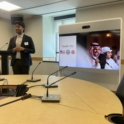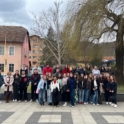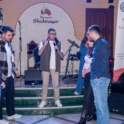Abdulaziz reflects on the highlights from serving as a mentor for CEW.
STORIES
YES Alumni Grant: CodeBots
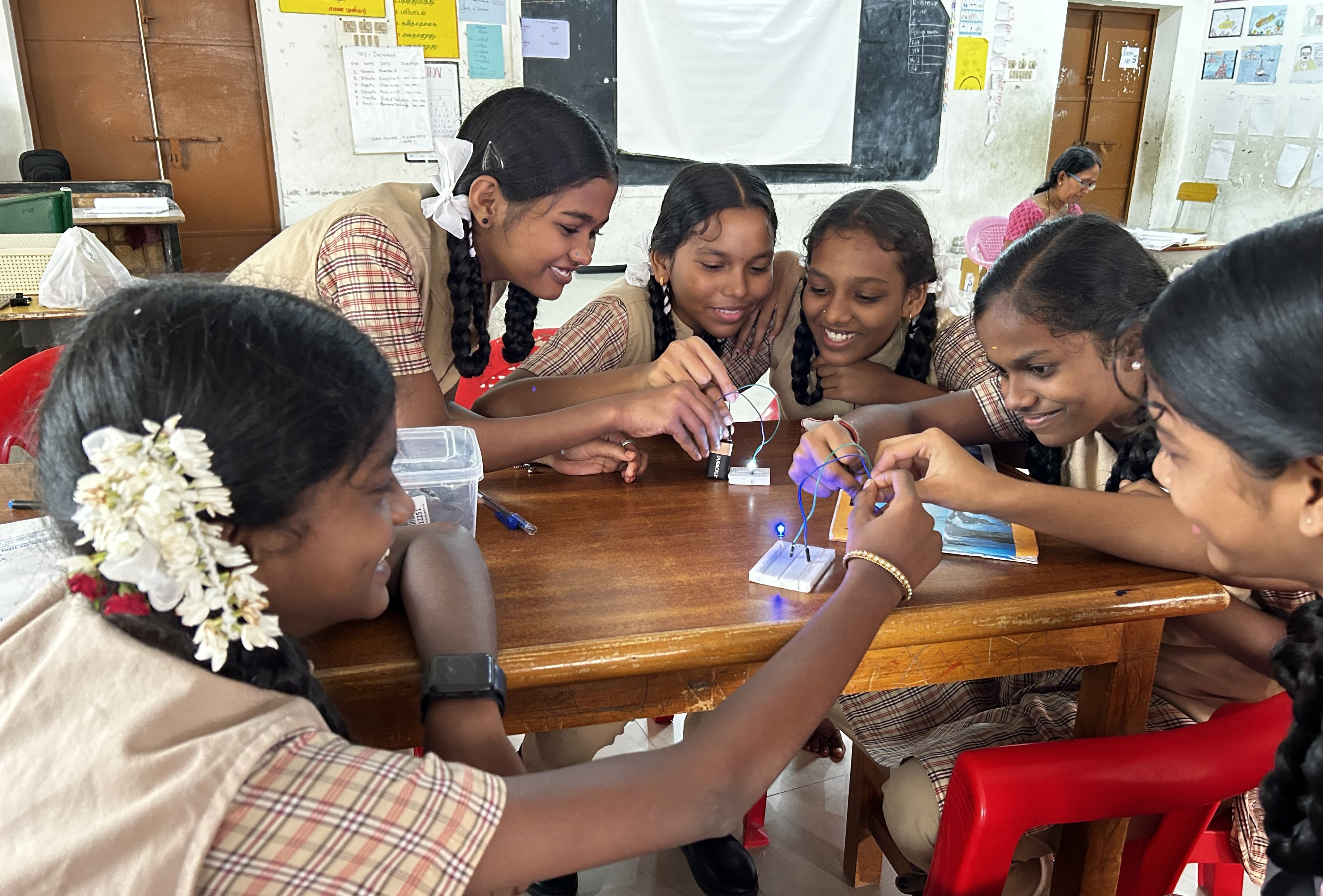
By Shahbaz Ali Khan (YES 2017-2018, India, placed by PAX in Shreveport, LA)
My YES program year in Louisiana significantly shaped my personal and professional journey. Today, I run CodeBotix along with my business partner and fellow YES alumnus Akash Babu. CodeBotix is a startup focused on building a community of young STEM professionals, sharing innovative ideas from all over the world. At CodeBotix, I am a robotics trainer and software developer, and both are roles I am deeply passionate about. With a spark rooted in this passion, I decided to apply for a YES Alumni Grant.
Robotics and programming were subjects that both Akash and I were introduced to at our American host schools, and we wanted to bring science, technology, engineering, and math (STEM) education to our home communities to empower youth. We firmly believe that given the right platform, young people can use their creativity to solve daily problems they encounter.
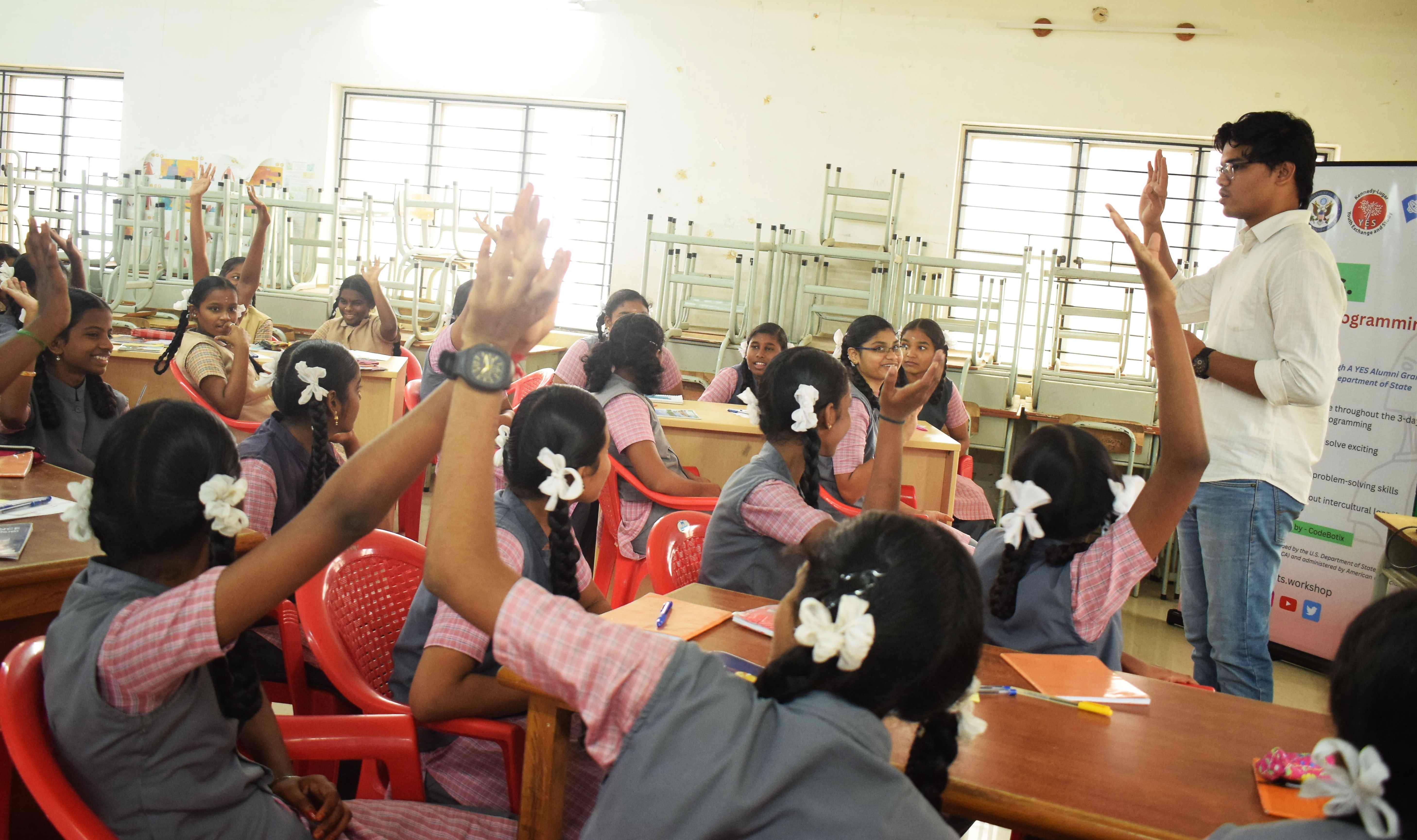
Another motivating factor is the significant gender gap in STEM. Globally, women constitute only 26% of professionals in data and artificial intelligence, 15% in engineering, and 12% in cloud computing. “In India, girls are 20% less likely than boys to pursue science or commerce over humanities. Nonetheless, there has been progress. In 2014, women accounted for 38.4% of enrollments in college STEM courses, a figure that rose to 42.6% in 2021. Contributing factors to this gender gap include stereotypical gender roles, internalized biases, and parental influence.
To bridge the gender gap and encourage girls to pursue careers in STEM, we launched CodeBots, a series of robotics and programming workshops for 150 underprivileged girls, ages 13 to 15. Workshops were held from August 2023 to January 2024 in five schools in two cities: Chennai, Tamil Nadu and Thiruvananthapuram, Kerala. These schools typically lack hands-on classes, and for some attendees, this was their first introduction to robotics. Participants learned to collaborate, hone problem-solving skills, and gain confidence in presenting their ideas.

Each workshop was conducted over three days. On the first day, we taught skills and concepts needed to build robots, such as the basics of electronics, sensors, motors, coding, and prototyping a robot. Students participated in simple circuit and infrared sensor activities for hands-on, practical experience. We then tasked them with going home and thinking about a real-world problem they might solve through robotics. Participants spent the second day prototyping, designing, and testing their robot. Students made all the circuit connections while the trainers helped them program their robots. Some of the workshops culminated with a visit to the U.S. Consulate in Chennai’s American Center. Students presented their projects to Consulate staff, explaining what problem the robot was solving and how they had designed it. Certificates were distributed by Cultural Affairs Officer Scott Hartmann.
The CodeBots workshops had a very positive impact. According to the feedback, over 60% of participants said they will pursue STEM as a career. One participant shared, “Through this training, we came up with ideas on our own to solve real-world problems. My learning will not stop here. I will go to college and learn more about the field of robotics. I feel like this is a huge opportunity that was given to me.” While the workshops directly impacted the 150 girls who participated, we estimate the ripple effect extended to over 450 individuals, including the students’ families, friends, classmates, and teachers. One participant’s parents reached out to us, requesting the workshop be conducted for more students in their community.
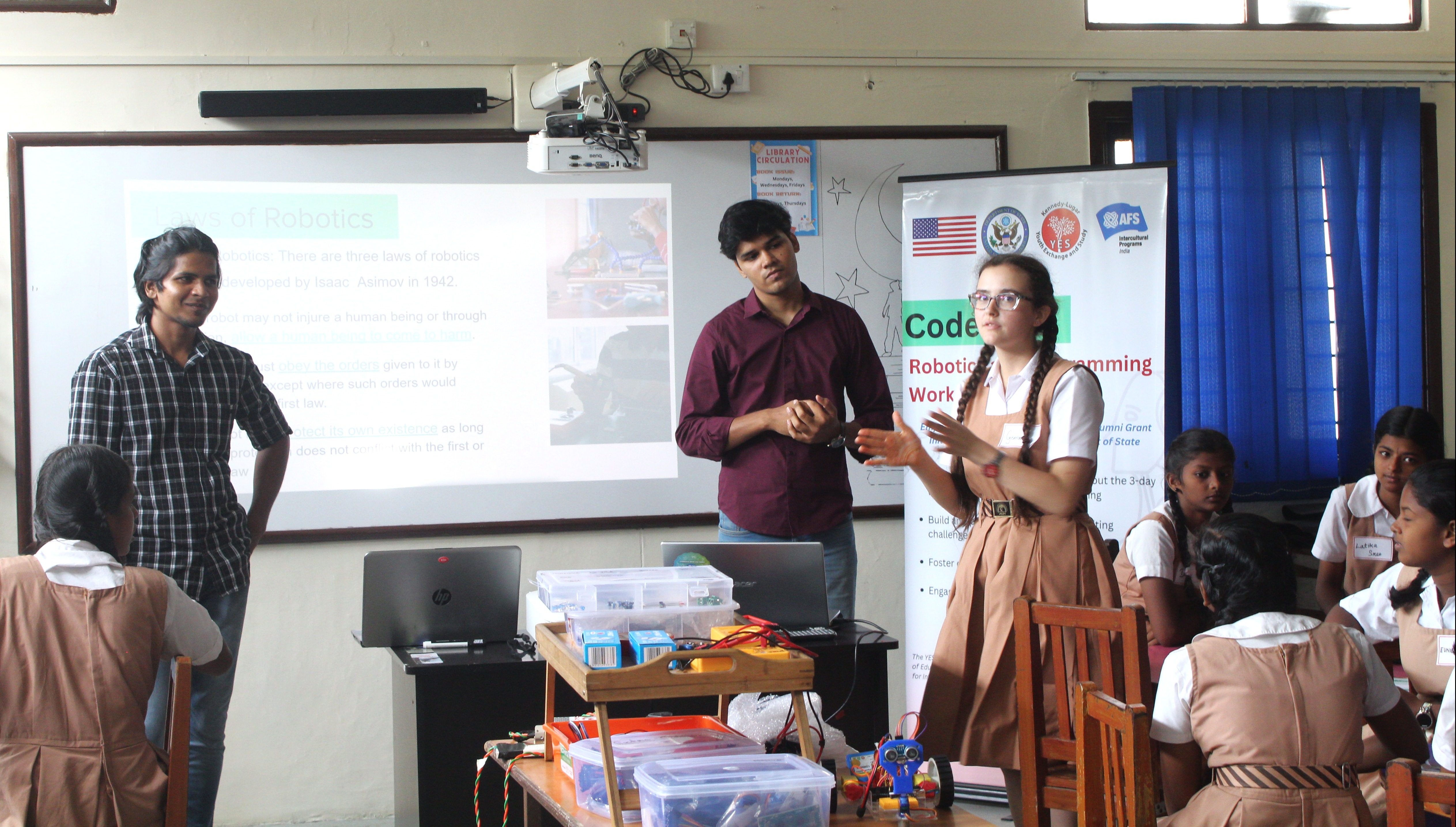
This project holds a special place in my heart. The most striking aspect for me was witnessing the transformative confidence shift in the participants. I believe that we made a significant difference by providing a way for these students to explore and discover new realms of knowledge. My long-term hope for the project is to encourage underprivileged girls to pursue robotics and STEM, which in turn benefits the community at large. We have applied for funding through grants such as the Alumni Engagement and Innovation Fund (AEIF) and incubators to amplify this impact on a larger scale.
I extend my gratitude to the YES program and the U.S. Department of State for providing us with the funding to teach these talented girls and for choosing me for a YES scholarship to go to the U.S. as a high school student. Finally, I would like to thank our volunteers, YES alumni, project partners, and schools for helping during every step of the project and making it a success. This program would not have been possible without our lovely volunteers, who invested so much time through the whole process.
Akash Babu (YES 2017-2018, India, placed by YFU-USA in Petaluma, CA)


